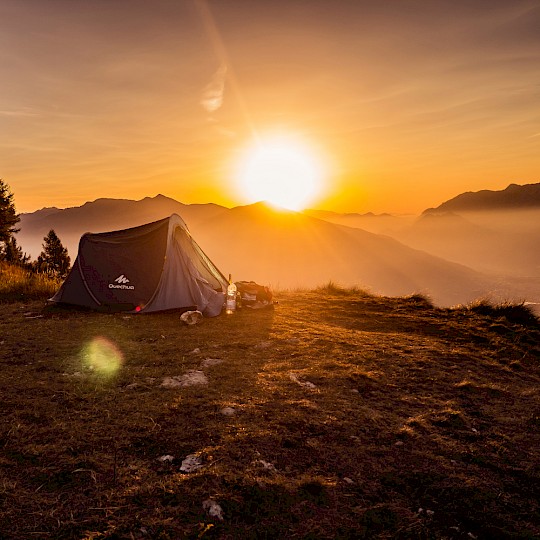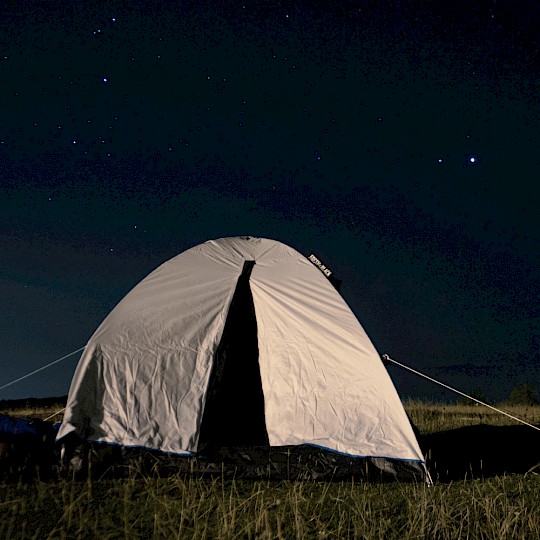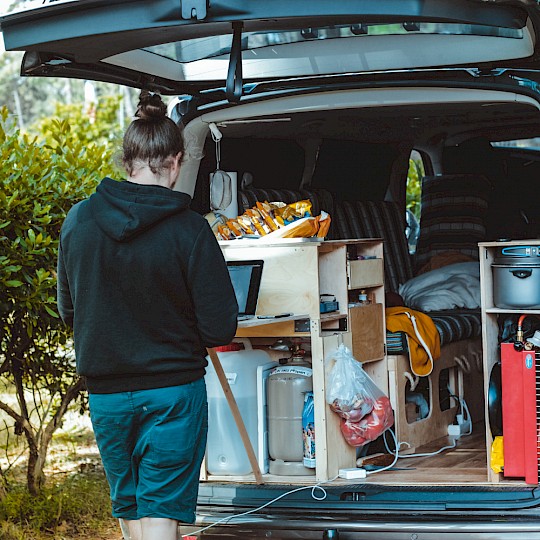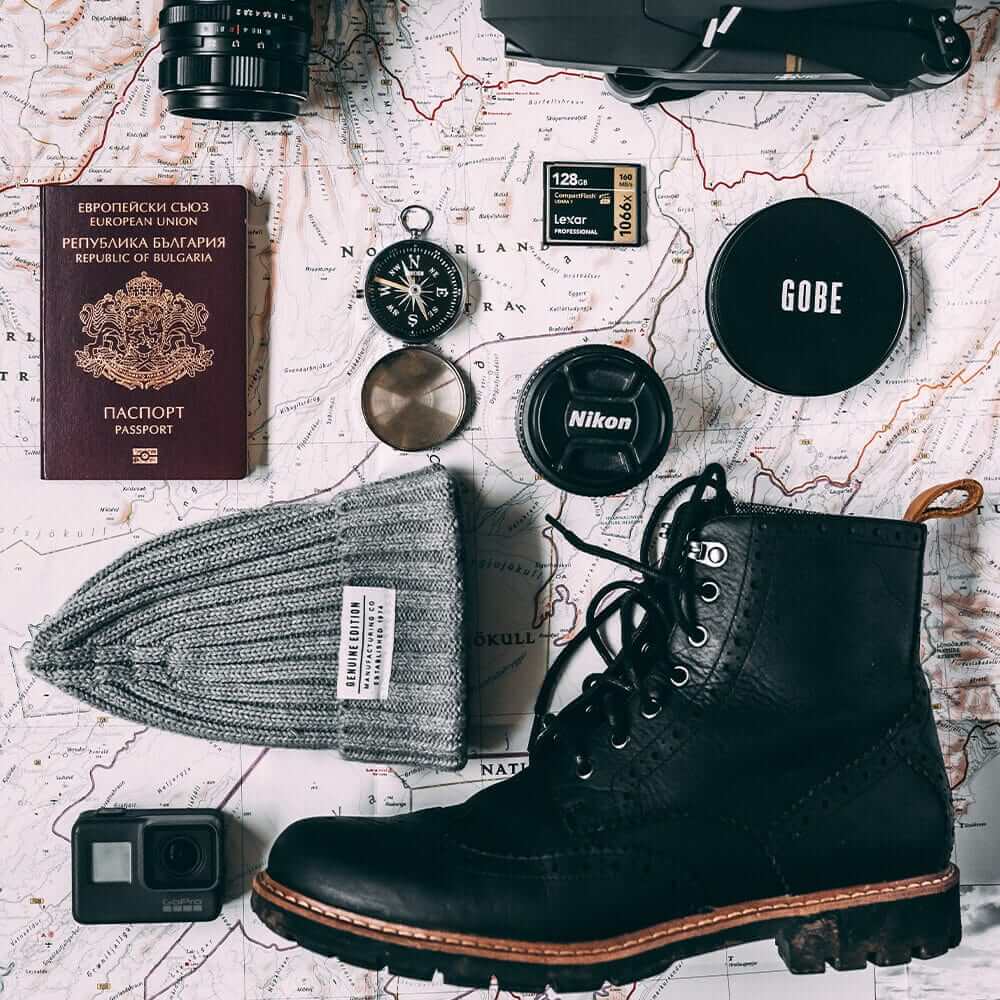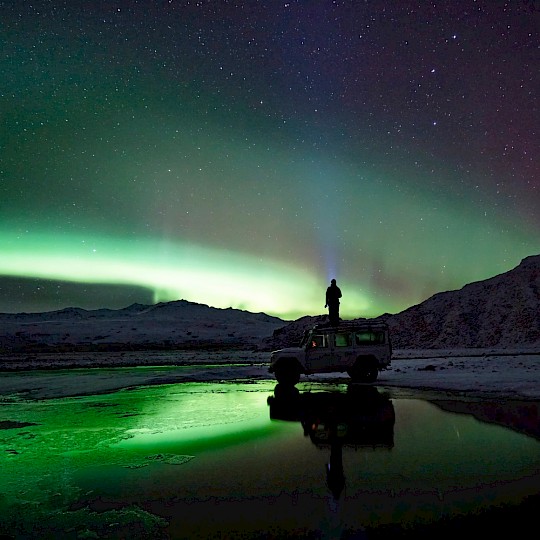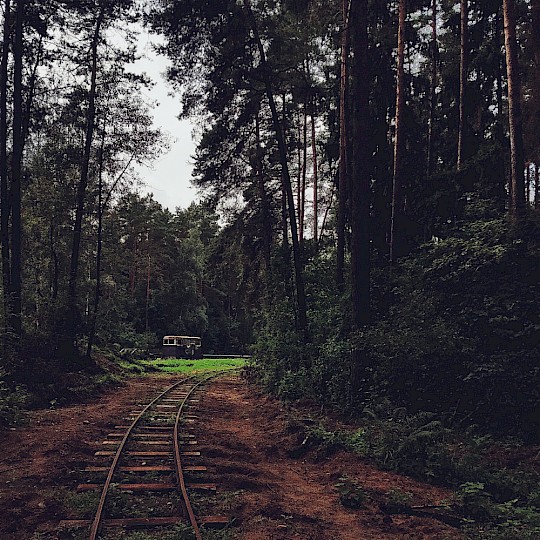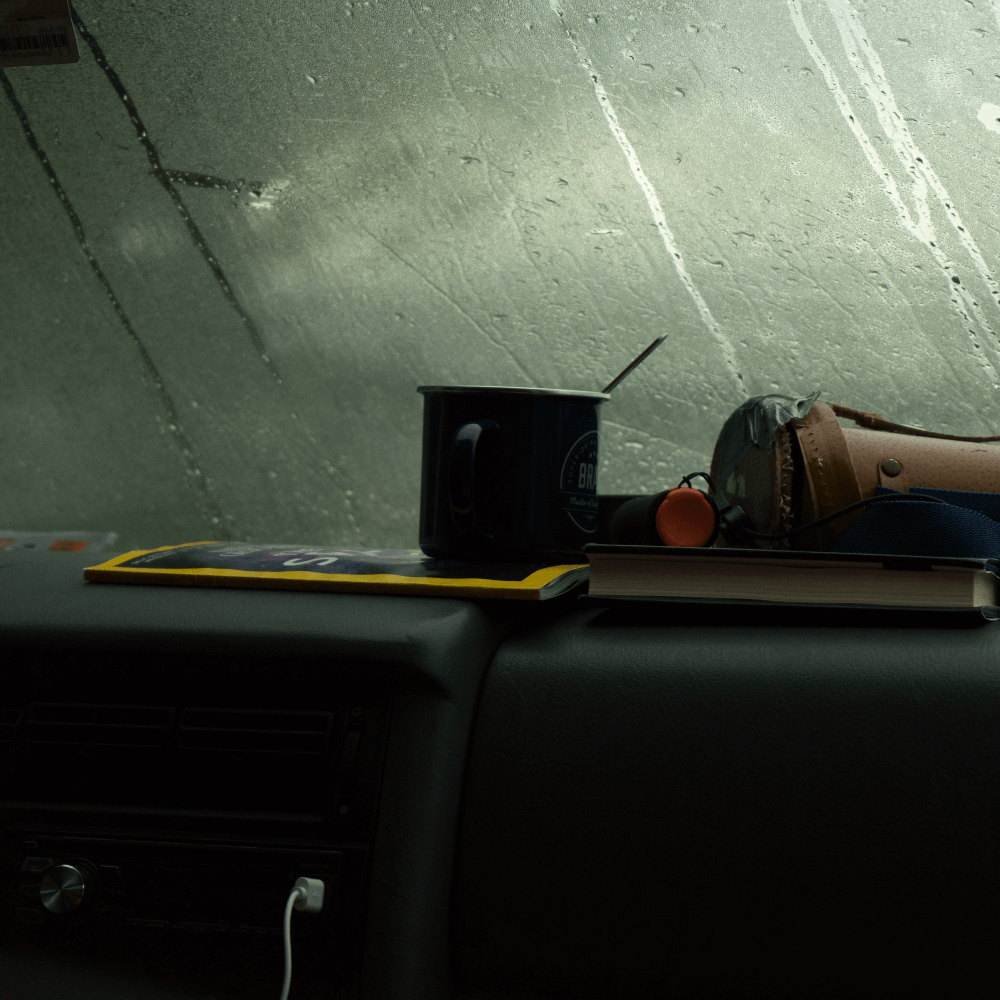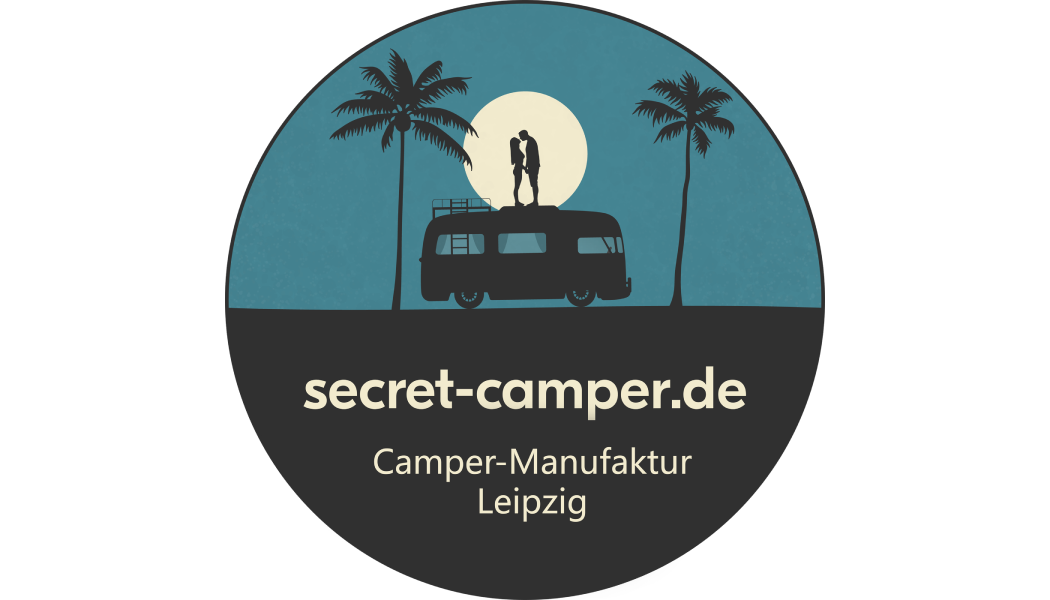Fact #1 - Demonstration with pasta
In 1986, the first McDonalds opened in Rome. The reaction of the Italians? They distributed pasta free of charge to demonstrate against it.
Fact #2 - New York
Even if it is hard to imagine, New York (4o° 43') is more southern than Rome (41° 53'). But the difference is just 100 km.
Fact #3 - Police cars
Running away from the police is generally not a good idea, especially not in Lazio. The police drive with Lamborghini's patrol.
Fact #4 - Dance ban
In Rome, dancing in groups of more than three people is forbidden. If you do, fines of more than 500 € may be imposed on you.
Fact #5 - The Trevi Fountain
Every day, hundreds of people throw coins into the fountain to make a wish. A total of about 3.500 € a day.
Fact #6 - Car theft
Statistically, most cars are stolen in Italy. So you should always lock your car when you park it somewhere.
Fact #7 - Mario the Honorary Member
The Nintendo plumber Mario is probably the most famous fictitious Italian. So famous that he is an honorary member of the Italian plumbing community.
Fact #8 - Where does Leonardo da Vinci come from?
Quite simply, from Vinci. His name suffix "da Vinci" is not a family name, but a name of origin. By the way, Vinci is located in the province of Florence.
Fact #9 - The letters J, K, W, X, and Y don't exist
At least not in words that have an Italian origin. They only appear in foreign words that have found their way into Italian.
Fact #10 - Ferrari was the origin of Lamborghini
Lamborghini made tractors. Since the founder of the company was disappointed about the service of Ferrari he started to produce his own sports cars.




